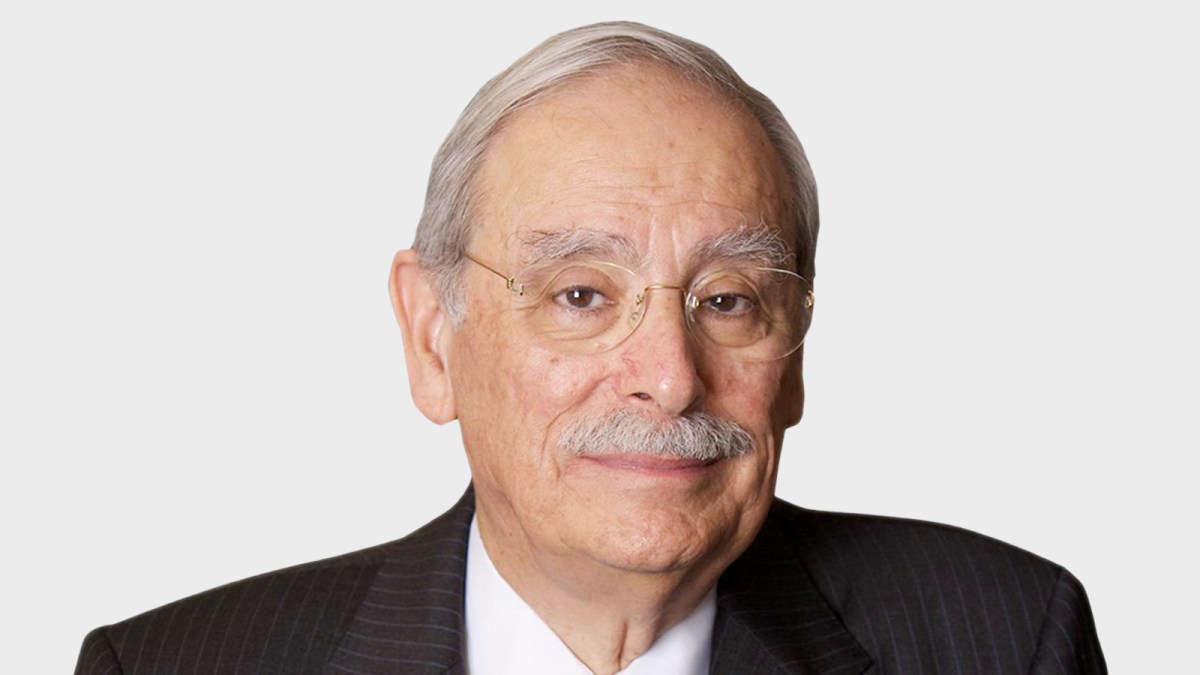President Trump is on a roll. The Wall Street Journal, its editors persistent and virulent critics of Trump’s tariff policy, headlined two recent articles “Forget TACO. Trump Is Winning His Trade War,” and “The U.S. Economy Is Regaining Its Swagger”. Surely not “fake news”.
Trump aimed to replace the post-Second World War trading order with one more favourable to America, and he has. Trump aimed to weaponise and monetise an American asset, its huge economy, and succeeded. He aimed to reap huge revenues from tariffs, and they are running at something like a $300 billion annual rate. He aimed to prevent our trading partners from using WTO rules to gang up on him, and he succeeded in picking them off one-by-one.
Consider the deal announced with Japan. The 25 per cent tariff initially set on Japanese goods including, crucially for Japan, its cars, was lowered to 15 per cent. Japanese markets were opened to American rice and other agricultural products, and to US cars, to be imported tariff-free and with no added Japanese-concocted product changes — concessions Obama and other presidents sought but failed to obtain.
Japan agreed to buy 100 Boeing aircraft, will provide “up to” $550 billion in investment, financing and loan guarantees for various projects, with the profits to be distributed “based on the degree of contribution and risk taken by each party,” according to Japan’s Cabinet Office. Japan declared its deal with its largest export customer “mission accomplished”, and even though not quite the negotiating triumph that the overly exuberant commerce secretary Howard Lutnick originally reported, this remains a win for America.
As the Gershwins’ 1937 song hit puts it, “The odds were a hundred to one against me … They laughed at me … Now they’re fighting to get in … Who’s got the last laugh now?”.
Surely it is Trump, although there are two clouds on his political horizon that have the potential to produce devastating storms. His popularity among younger voters is in close to free-fall. He is not carrying non-Maga voters with him on the “Big Beautiful Bill” which they believe helps the wealthy. Nor on his deportations of hard-working, tax-paying illegal immigrants. And he is seen as not doing enough to keep prices down.
The second cloud is a threat to his plan to ride a booming economy into the mid-term elections. The word “bubble” is being whispered on Wall Street, and JP Morgan Chase analysts spy “red flags”. Shares are selling at 26 times forward earnings, far above their historic average of 18. Amazon might be providing a leading indicator of an inflationary spurt: it raised prices on inexpensive goods, including products made in the US, by an average of 5 per cent last month. The manufacturing sector is weakening and the housing market is becalmed. A share price drop, rising consumer prices and a weakening economy is a combination not on Trump’s wish list.
The president, who insists both that the American economy is the world’s “hottest” and that it needs a 3 percentage-point cut in interest rates, seems to have cooled to the idea of firing Fed chairman Jerome Powell. Accompanied by Powell and a press entourage, Trump-the-builder toured the construction site of the Fed building and characterised cost over-runs as one of those things that can happen on big projects, rather than as a legal cause for firing Powell. But the search for a successor to Powell continues. Several of Powell’s present and former colleagues have submitted their applications for his job, thinly disguised as policy speeches. Meanwhile, Treasury secretary Scott Bessent leads the search for the next Fed chair, just as Dick Cheney led George W. Bush’s search for a vice-presidential candidate before settling on himself.
The Fed is not the only federal institution with a queue of wannabe leaders. Possible successors to Trump are lining up. Leading contenders, according to Trump, are vice-president JD Vance (“fantastic, a brilliant guy”) and secretary of state Marco Rubio (“great”). Eric Trump, curator of the Trump collection of branded assets, has announced he could run “very effectively.” Others have found reasons to visit early-primary state Iowa to sample that state’s glories.
The new (probably) man in the White House will inherit an economy willed to him by a consequential predecessor. Trump has replaced markets with presidential intuition; free trade has moved from an ideal to an anachronism; the green new deal is dead; the regulatory state so lovingly created by President Biden is dismantled; the tax regime, with its emphasis on redistribution, has been replaced by one that emphasises growth; the Federal Reserve Board’s hallowed independence will, at minimum, have been undermined.
Trump will watch from the sidelines, with a more-than-occasional destabilising intervention, while sipping the American-grown, cane sugar-flavoured Cokes that Coca-Cola has agreed to add to its product line, to the consternation of thousands of American agricultural workers who produce the high-fructose corn syrup now used. A small price to pay for the goodwill of a customer who consumes 12 cans of Diet Coke daily. Oh yes, and happens to be President of the United States.
Irwin Stelzer is a business adviser
